OUR PROGRAMS
Lego for 5-6
Lego for 6-7
VEX for 7-8
LEGO for 9-11
vex for 10-13
vex for 13-15
Lego for 5-6
The Early Simple Machines Courses are designed for children from 5-6 year old. The curriculum involves children carrying out scientific investigations with what they have constructed. Through their investigations, the children will learn to identify and compare test results. The activities will introduce them to the concepts of measurement, speed, balance, mechanical movement, structures, force, and energy. They will be encouraged to describe the outcomes of their investigations.
Lego for 6-7
LEGO® Education WeDo 2.0 courses are designed for children from 6-7 year old. The courses focus on motivating students to collaborate, build, problem-solve, and explore, all while deepening their STEAM learning and developing 21st-century skills. The combination of physical LEGO® bricks, standards-aligned activities, and intuitive block-based coding environment means that interactive, creative learning is easier than ever to achieve - students can see their builds in action and test and refine their problem-solving skills!
VEX for 7-8
VEX GO is an engaging robotics platform designed to introduce elementary school students to the exciting world of robotics and STEM . This course is crafted to provide students with hands-on experiences in designing, building, and programming robots using the VEX GO kits and intuitive coding software. Through a series of structured activities and challenges, students will explore fundamental engineering concepts while fostering creativity, problem-solving skills, and teamwork.
Lego for 9-11
The LEGO® Education SPIKE™ Prime courses are designed for children from 9-11 year old. The courses actively involve students in discovery and experimentation by learning how to combine the engineering design process with algorithmic thinking and coding. The courses also engage students in critical thinking and complex problem-solving . It offers four units, each with a specific theme focus. All units are designed to develop critical thinking skills through complex, engaging and personally relevant STEAM challenges.
VEX for 10-13
The VEX IQ curriculum offers an immersive experience for students to delve into the realms of robotics, engineering, and STEM. This course is meticulously designed to empower students with the skills and knowledge necessary to design, construct, and program robots using the VEX IQ platform and intuitive coding software. Through a series of structured activities and challenges, students will explore advanced engineering concepts while honing their critical thinking, problem-solving, and teamwork abilities.
VEX for 13-15
The VEX EDR course helps students understand crucial problem-solving concepts. It's a catalyst to help students discover a passion that could continue to drive them through college, a career, or even the rest of their life.VEX EDR is for middle and high school students. In the competition, students are given a yearly challenge, and must design, build, program, and drive a robot to complete the challenge as best as they can.
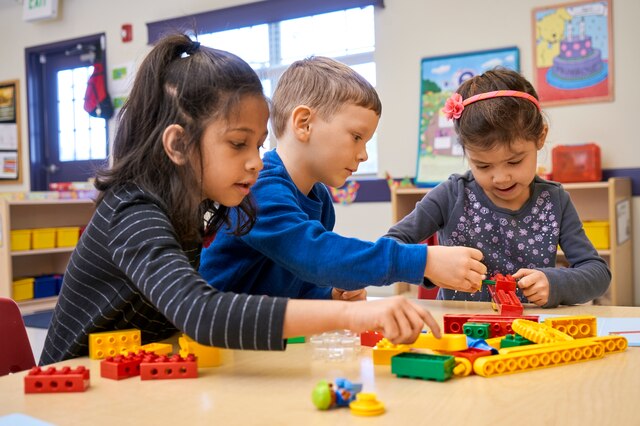
Early Simple Machines
The Early Simple Machines Courses are designed for children from 4-5 year old.
The curriculum involves children carrying out scientific investigations with what they have constructed. Through their investigations, the children will learn to identify and compare test results.
The activities will introduce them to the concepts of measurement, speed, balance, mechanical movement, structures, force, and energy. They will be encouraged to describe the outcomes of their investigations.
WeDo 2.0
LEGO® Education WeDo 2.0 courses are designed for children from 6-8 year old.
The courses focus on motivating students to collaborate, build, problem-solve, and explore, all while deepening their STEAM learning and developing 21st-century skills. The combination of physical LEGO® bricks, standards-aligned activities, and intuitive block-based coding environment means that interactive, creative learning is easier than ever to achieve – students can see their builds in action and test and refine their problem-solving skills!
The LEGO Education WeDo 2.0 Core Set, which includes 280 bricks, as well as sensors and motors, offers endless possibilities for making abstract concepts concrete by using tangible elements students can manipulate with their hands. Designed with collaboration in mind, each core set supports two students, introducing them to science, computational thinking, and engineering principles in a fun and engaging way.

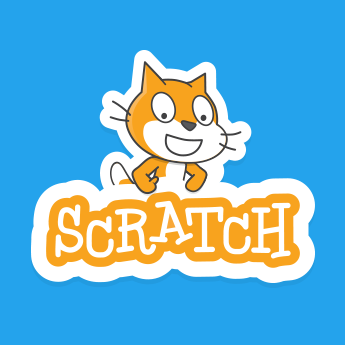
Scratch 3.0
Scratch 3.0 courses are designed for children from 6-12 year old.
The courses build a solid foundation for younger learners who are new to coding and game design. Kids make exciting games using Scratch’s visual block coding language, while gaining the skills they’ll need to make the jump to text-based coding.
Scratch 3.0 is the new version of scratch, and has made a plethora of changes which are future proofing the platform.
FIRST LEGO LEAGUE EXPLOER
FIRST LEGO League Explore is designed to introduce STEM concepts to kids ages 6 to 9 while exciting them through a brand they know and love − LEGO®.
Guided by adult coaches and FIRST® Core Values, students build models using LEGO® Education WeDo 2.0 and create Show Me posters to present what they learned. The program focuses on building interest in science, technology, engineering, and math (STEM) through a real-world challenge – to be solved by research, critical thinking, and imagination.
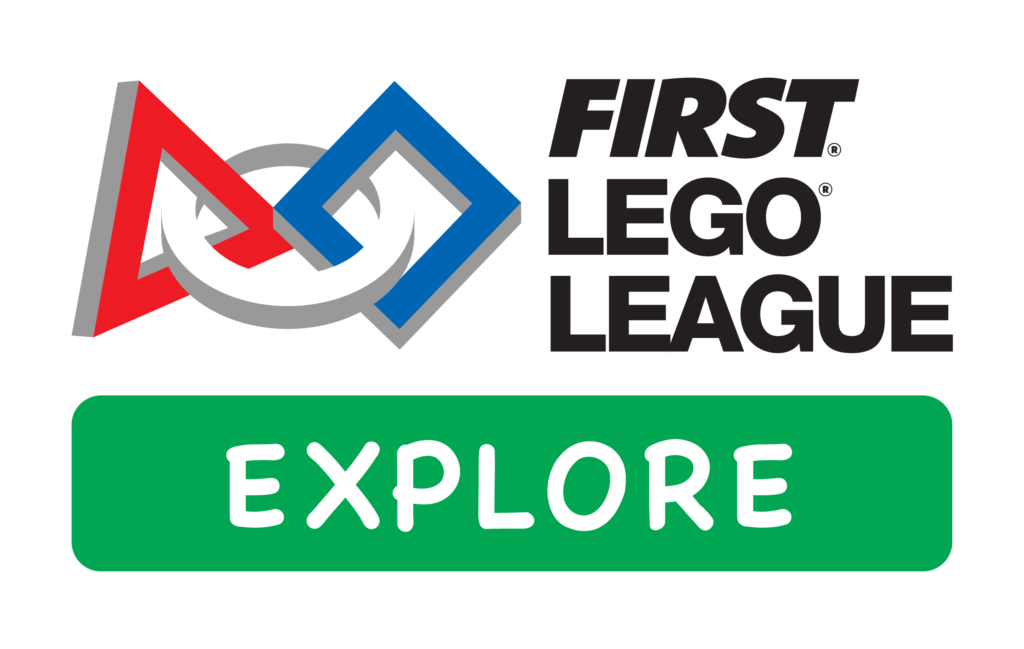
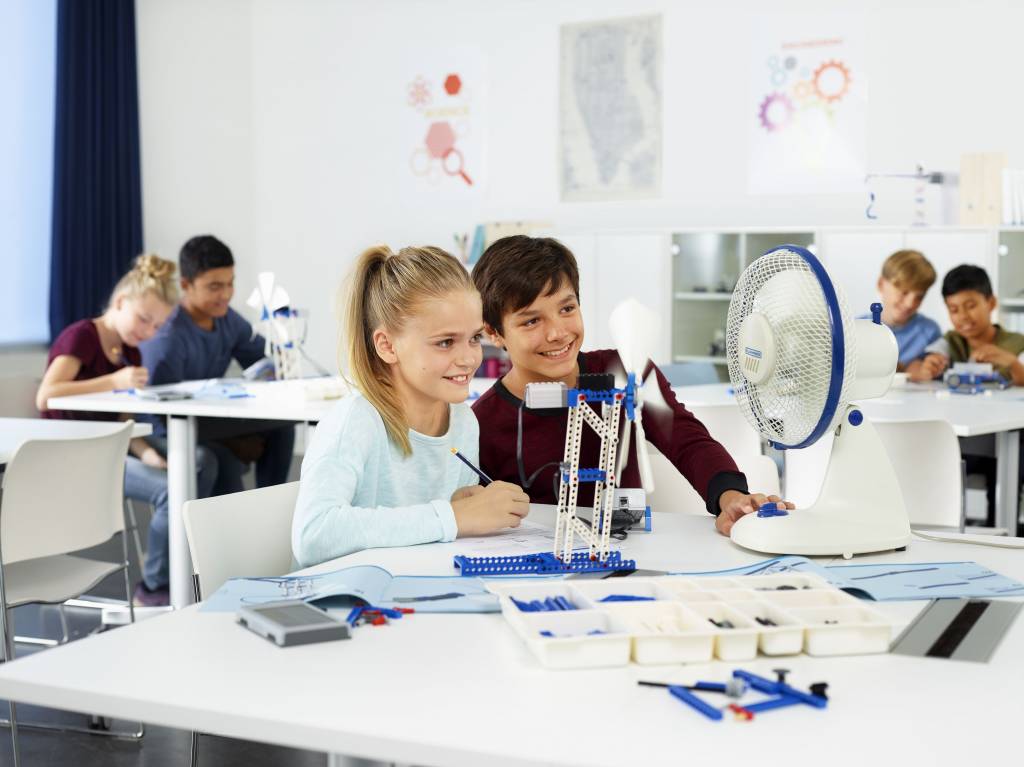
Simple & Powered Machines
Simple & Powered Machines course are designed for children from 8+ year old.
The courses focus on the basic mechanical principles behind all simple machines. The course helps children increase their understanding of mechanical knowledge by adding complex mechanisms such as gears and cams, and even a working motor.
Students design and make models and then observe the behavior of their models. They reflect and re-design the functionality of their models, and then record and present their findings. Students build the models together, each focusing on their part of the model – strengthening their 21st-century skills in collaboration and communication.
SPIKE Prime
The LEGO® Education SPIKE™ Prime courses are designed for children from 9-10 year old.
The courses actively involve students in discovery and experimentation by learning how to combine the engineering design process with algorithmic thinking and coding. The courses also engage students in critical thinking and complex problem-solving .
LEGO Education SPIKE Prime offers four units, each with a specific theme focus. All units are designed to develop critical thinking skills through complex, engaging and personally relevant STEAM challenges. The lessons within each unit will become increasingly challenging.
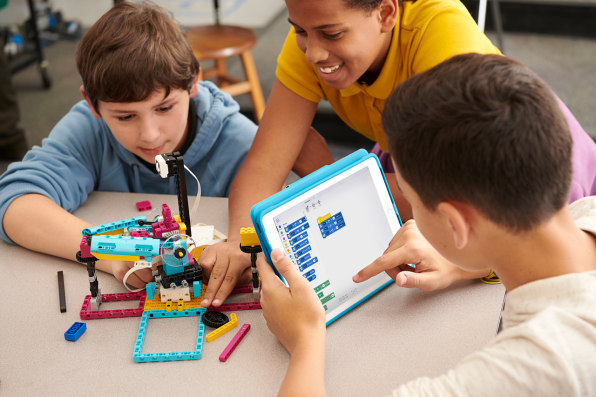

FIRST LEGO LEAGUE CHALLENGE
FIRST® LEGO® League (FLL) is a program that supports children and youngsters in order to introduce them to science and technology in a sporty atmosphere.
The objective is to:
- make children and youngsters enthusiastic about science and technology
- to equip the participants with the idea of team spirit
- to encourage children and youngsters to solve complex tasks in a creative way
The basis of FLL is a robotics tournament in a cheerful atmosphere, where kids and youngsters need to solve a tricky “mission” with the help of a robot. The kids are researching a given topic within a team, they are planning programming and testing an autonomous robot to solve the mission. The FLL Teams take the opportunity to experience all steps of a real product development process: solving a problem under time pressure with insufficient resources and unknown competitors. FLL is a small microcosmos of real business life in all its respects.
VEX EDR
The VEX EDR course helps students understand crucial problem-solving concepts. It’s a catalyst to help students discover a passion that could continue to drive them through college, a career, or even the rest of their life.
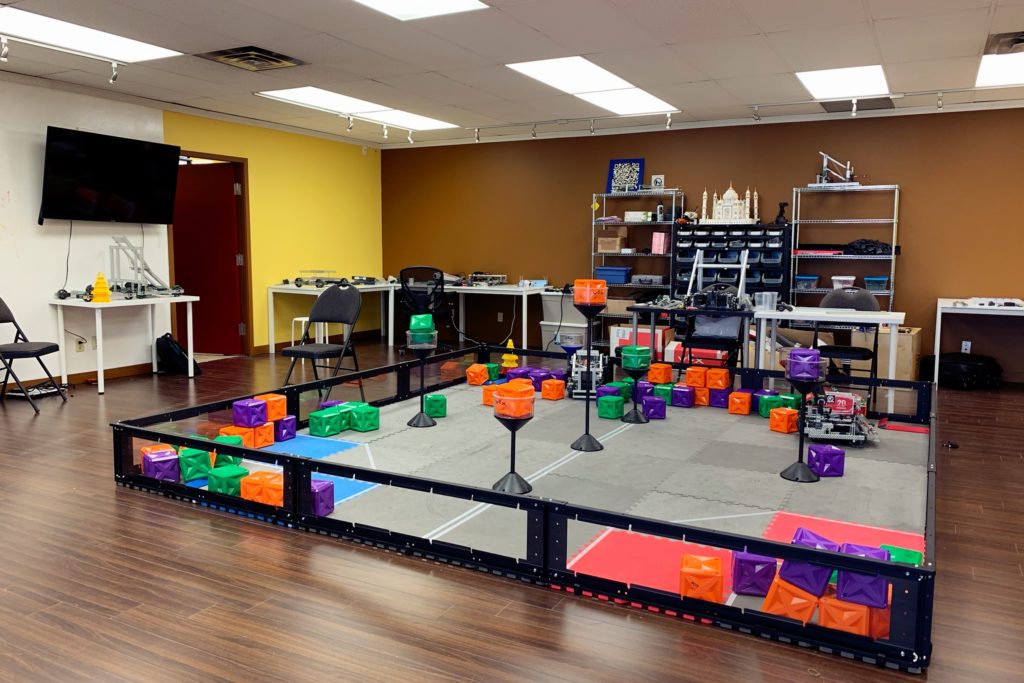
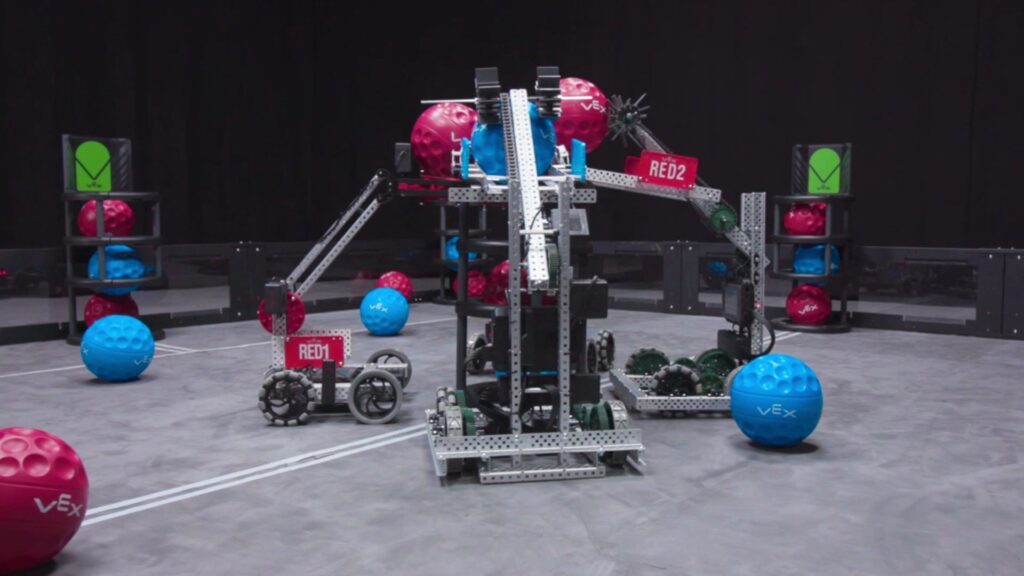
VEX ROBOTICS COMPETITION
The VEX Robotics Competition is a robotics competition for elementary through university students.
There are three divisions of this robotics competition meant for different age groups and skill levels: VEX EDR, VEX U, and VEX IQ. VEX EDR is for middle and high school students. In the competition, students are given a yearly challenge, and must design, build, program, and drive a robot to complete the challenge as best as they can.
Python Programming
Python is a versatile programming language, suitable for projects ranging from small scripts to large systems.
The course focuses on best practices such as version control, unit testing and recommended styles and idioms. Students will explore the large standard library of Python 3, which supports many common programming tasks.
By the end of this course, students will gain a fundamental understanding of programming in Python by creating a variety of scripts and applications for the Web and for systems development.
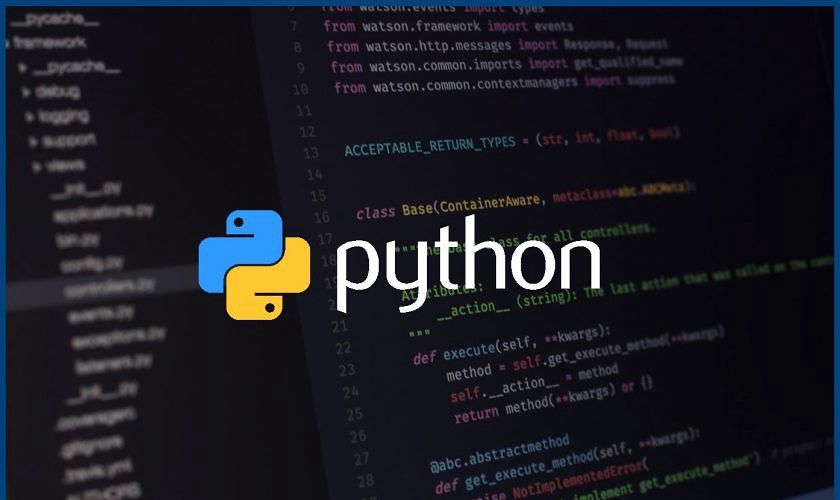
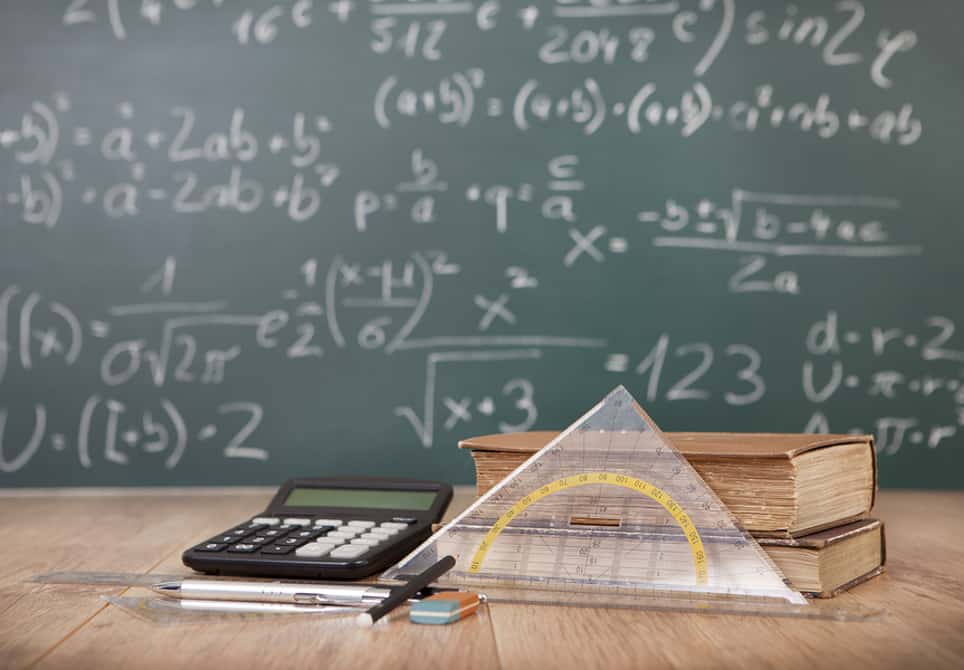
Math π Lab
A solid foundation in Mathematics is essential for pursuing higher education in numerous science and engineering programs.
The focus of the course is to share in the passion for problem solving and to inspire some young minds to develop interest in mathematics.
Math π activities are devoted to helping students mastering concepts, techniques that can be useful for school work and math competitions.
Mindstorms EV3
The Introduction to Programming EV3 Courses are designed to teach core computer programming logic and reasoning skills using a robotics engineering context. It contains several projects and challenges organized around key robotics and programming concepts.
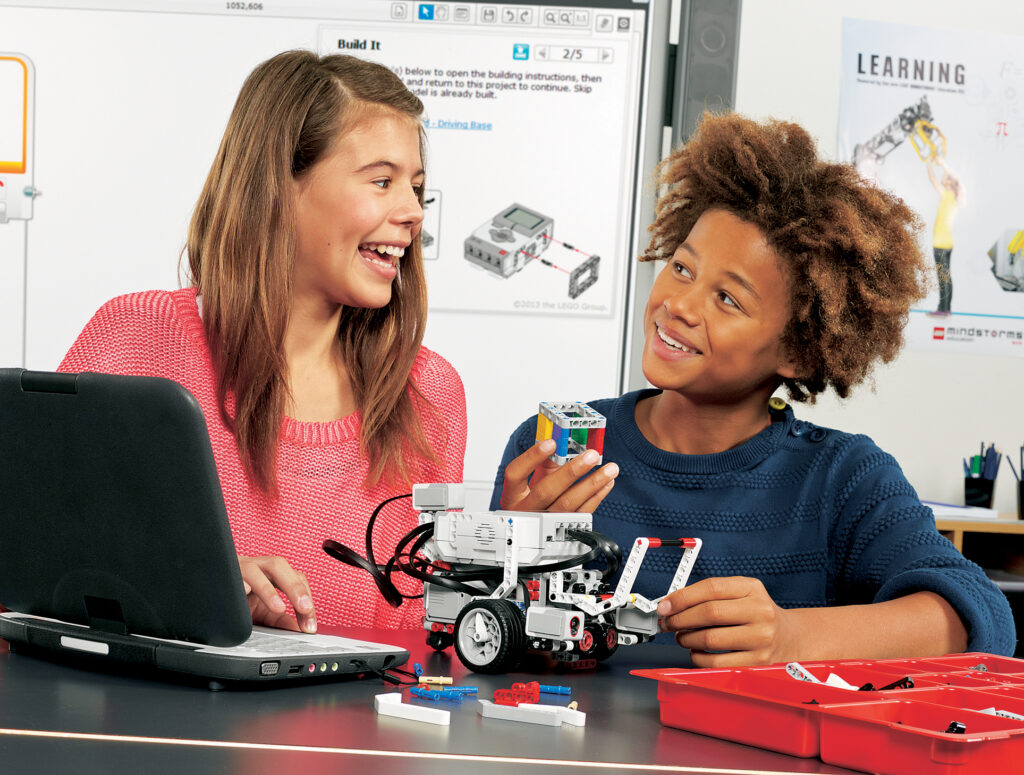

The Little Scientist
The little Scientist course is designed for children between 5-7. The courses help establish and strengthen the foundation for children’s academic progress in branches of science and STEM.
Throughout the courses, we explore a variety of biological, chemical, physical and STEM principles that exist in the world around us. Each activity has been carefully designed to stimulate learning in the crucial stages of your child’s cognitive development and to inspire their scientific curiosity.
We provide an environment that allows children to observe and engage with scientific and STEM-based principles in a practical manner. We believe this will encourage them to process scientific information, think creatively and make informed decisions.
